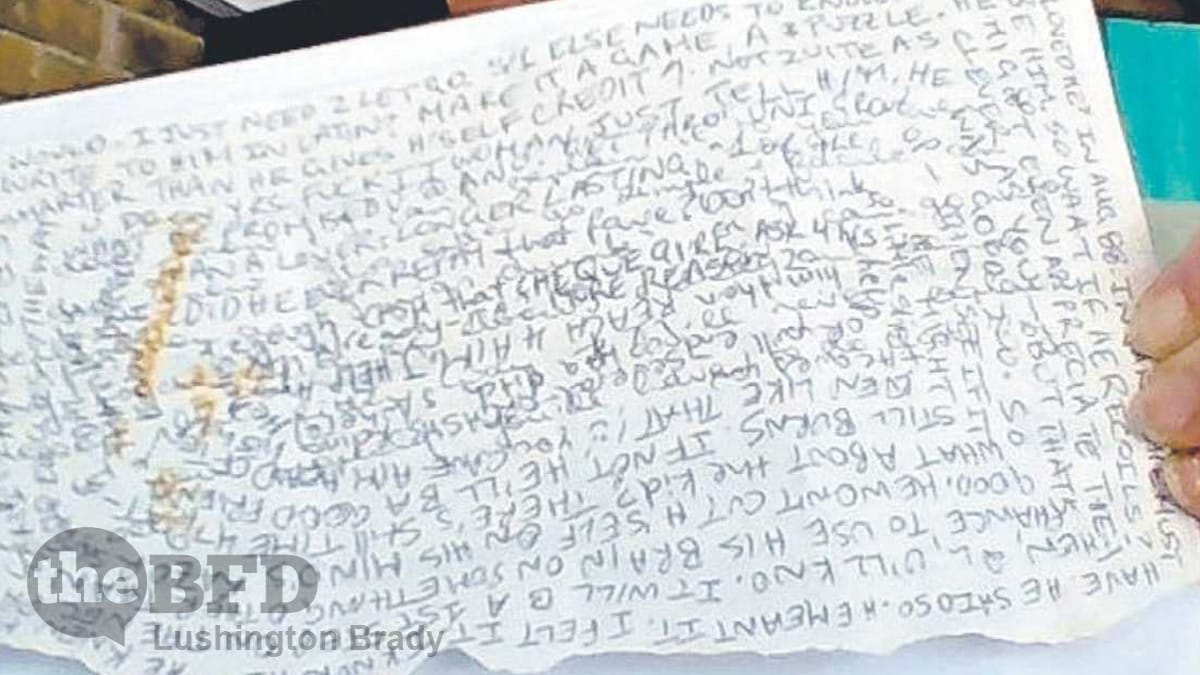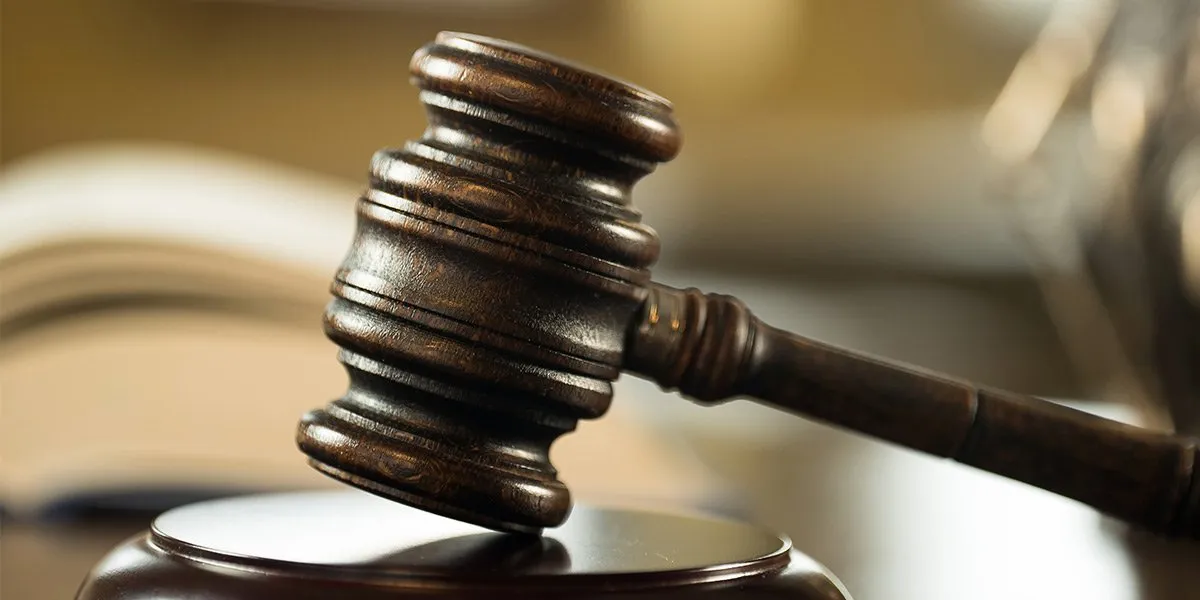Table of Contents
As a slew of recent cases have shown, the pendulum in rape and abuse accusations has swung so far out of kilter that a mere accusation is more than enough to ruin a man’s career and public reputation, often indelibly. This is not to say that rape or abuse never happen, or that all or even most accusations are false, but the mantra now is “believe women”. In other words, believe any accusation without question.
It’s a mantra that far too many people, especially in politics, activism and the media, are all-too prepared to live by. Even a formal acquittal, as we saw in the George Pell case, isn’t enough to clear a man’s name. Former attorney-general Christian Porter’s political career was destroyed simply on the unsubstantiated and highly dubious word of one demonstrably batshit-crazy woman.

But for every high-profile figure, there are dozens of ordinary men whose lives are similarly ruined. Paul Nungesser, the fellow student falsely accused by Emma “Mattress Girl” Sulkowicz, endured years of torment, while his (false) accuser remains a celebrated figure on the feminist left. A Canberra prison guard wrongly jailed over false accusations from his ex-wife told the court that he had lost everything: “There were times when I considered ending it all”.
But it is the high-profile cases that the media and activists revel in. Actor Johnny Depp may have cleared his name, but it remains to be seen whether he works in Hollywood again. Feminists and large swathes of the media continue to lionise his false accuser.
Another famous figure who’s felt the sting of unfounded accusations is Sir Cliff Richard. He doesn’t want it to happen to anyone else.
Sir Cliff Richard has made an impassioned plea to MPs and peers to grant anonymity for sexual offences suspects before they are charged.
At a meeting in the House of Lords, he spoke of “how desperate it is to be accused of something you never did”.
And he urged politicians to back a change in the law to protect people who are wrongly accused.
As part of the police fishing expedition called Operation Yewtree, Richard’s home was raided in 2014. He was never arrested. But the mud stuck.
He told the meeting how the media coverage of the allegations had “nearly destroyed” him and that he would never fully get over it.
But he said he wanted the law to be changed to help “regular people” who had endured similar ordeals.
Sir Cliff successfully sued the BBC for breach of privacy over its coverage of the police raid, which it filmed from a helicopter and broadcast.
As has been happening since the 1960s, the argument is that is all in the name of “fairness”. But there doesn’t seem much fairness, here:
Currently, alleged victims of sexual offences receive lifelong anonymity but there is no law against naming a suspect […]
Opponents of anonymity argue that naming people under investigation for sex offences encourages other alleged victims to come forward.
So, we’ve gone from “it is better to let the crime of a guilty person go unpunished than to condemn the innocent”, to “better innocent men’s lives be ruined than one woman not feel empowered to make an accusation”.
Campaign group FAIR (Falsely Accused Individuals for Reform) has called for pre-charge naming of sexual offence suspects to be made a criminal offence in England and Wales.
The group, backed by Sir Cliff and other high profile figures including DJ Paul Gambaccini, have drafted an amendment that would outlaw the practice.
BBC
Despite the gross inequity, feminists are still trying to play the victim. Just as they have in cases from Pell to Depp, they are determined to side with “victims”, however fake.
The presumption of innocence, once the foundation of our legal system, can go to hell.









